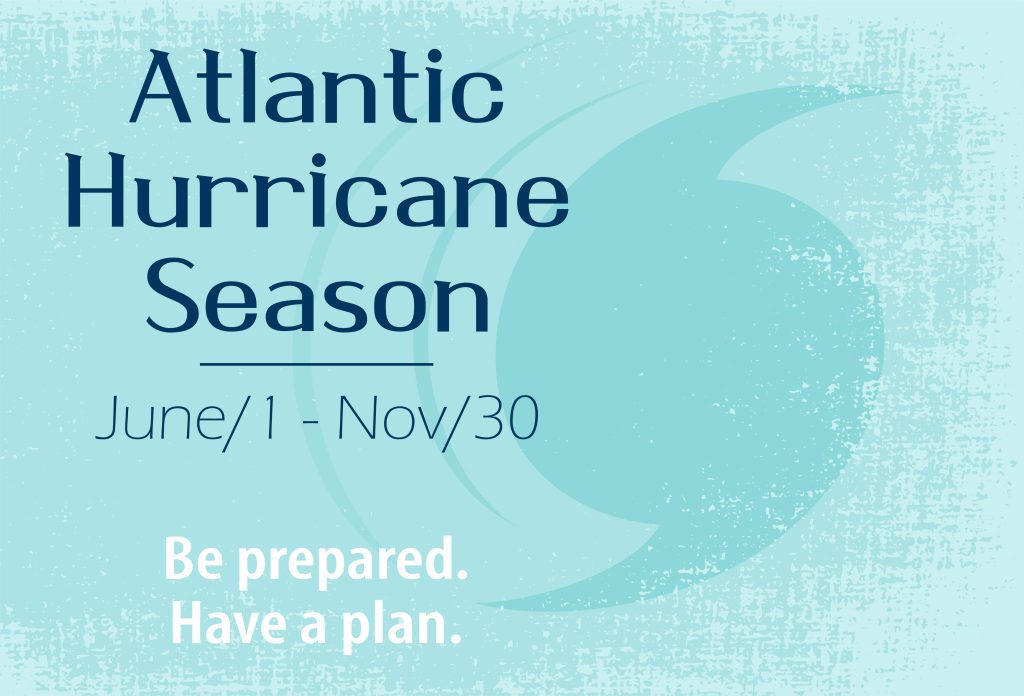How to Prepare Your HVAC for a Hurricane

Preparing Your HVAC System for Hurricane Season: A Comprehensive Guide
As hurricane season approaches, homeowners in vulnerable areas must take precautions to protect their property from potential damage. One crucial component often overlooked is the HVAC system. Proper preparation can prevent costly repairs and ensure your system remains functional when you need it most. This guide will walk you through the essential steps to safeguard your HVAC system before, during, and after a hurricane.
Understanding the Risks
Hurricanes bring high winds, heavy rains, and flooding, all of which can wreak havoc on your HVAC system. Potential risks include:
- Flooding: Water can damage electrical components and compromise the system's functionality.
- Wind Damage: High winds can dislodge outdoor units, causing physical damage and disconnecting vital connections.
- Debris: Flying debris can impact and damage the outdoor unit, leading to malfunctions.
- Power Surges: Electrical surges during storms can damage the system’s electrical components.
Pre-Hurricane Preparation
- Inspect and Service Your HVAC System:
- Schedule a professional inspection and maintenance service before hurricane season. This ensures your system is in optimal condition and can handle potential stress.
- Check for any existing issues, such as loose parts, corroded components, or refrigerant leaks.
- Elevate the Outdoor Unit:
- If your area is prone to flooding, consider elevating the outdoor unit to prevent water damage. Installing the unit on a sturdy platform can protect it from rising water levels.
- Secure the Unit:
- Use hurricane straps or metal brackets to secure the outdoor unit to a concrete slab. This helps prevent the unit from being dislodged by high winds.
- Clear Surrounding Area:
- Remove any loose objects, such as patio furniture, planters, or debris, that could become projectiles during high winds. Ensure trees and shrubs around the unit are trimmed to minimize the risk of damage from falling branches.
- Install a Surge Protector:
- Protect your HVAC system from power surges by installing a surge protector. This can prevent electrical damage and extend the life of your system.
- Turn Off the System:
- Before the storm hits, turn off the HVAC system to prevent damage from power surges and flooding. This includes shutting off the circuit breaker to the system.
During the Hurricane
- Monitor the Situation:
- Keep an eye on the weather conditions and follow any evacuation orders or safety guidelines issued by local authorities.
- Ensure Safety First:
- Avoid going outside during the storm to check on the HVAC system. Your safety is the top priority.
Post-Hurricane Actions
- Assess the Damage:
- Once it is safe to go outside, inspect the outdoor unit for any visible damage. Look for signs of flooding, debris impact, or physical displacement.
- Professional Inspection:
- Even if there are no visible signs of damage, schedule a professional inspection. A certified technician can identify hidden issues and ensure the system is safe to operate.
- Clean and Remove Debris:
- Clear any debris around the outdoor unit to ensure proper airflow. Remove leaves, branches, and other materials that may have accumulated during the storm.
- Check Electrical Connections:
- Inspect all electrical connections to ensure they are secure and undamaged. Do not turn on the system if there is any sign of electrical damage.
- Replace Air Filters:
- Replace the air filters to ensure clean air circulation. Storms can introduce dust and debris into the system, which can clog filters and reduce efficiency.
- Monitor System Performance:
- After restarting the system, monitor its performance closely. Listen for unusual noises and check for proper cooling or heating. If you notice any issues, contact a professional technician immediately.
Additional Tips for Long-Term Protection
- Invest in a Generator:
- Consider investing in a backup generator to keep your HVAC system running during power outages. This can help maintain indoor comfort and prevent humidity-related issues.
- Develop a Regular Maintenance Schedule:
- Regular maintenance is key to keeping your HVAC system in top condition. Schedule bi-annual check-ups to address potential problems before they become serious.
- Stay Informed:
- Keep up with weather forecasts and hurricane warnings. Being informed allows you to take timely actions to protect your HVAC system and home.
Conclusion
Preparing your HVAC system for hurricane season is a vital part of home maintenance in storm-prone areas. By taking proactive steps, you can minimize the risk of damage and ensure your system remains operational when you need it most. From securing the outdoor unit to scheduling professional inspections, these measures will help protect your investment and maintain indoor comfort throughout the hurricane season. Stay safe and be prepared!
Need Help With Your HVAC?
Whether in need for repairs or just your regularly required maintenance, our team can help. Give our experts a call for any and every HVAC need that may arise. We're standing by to help.